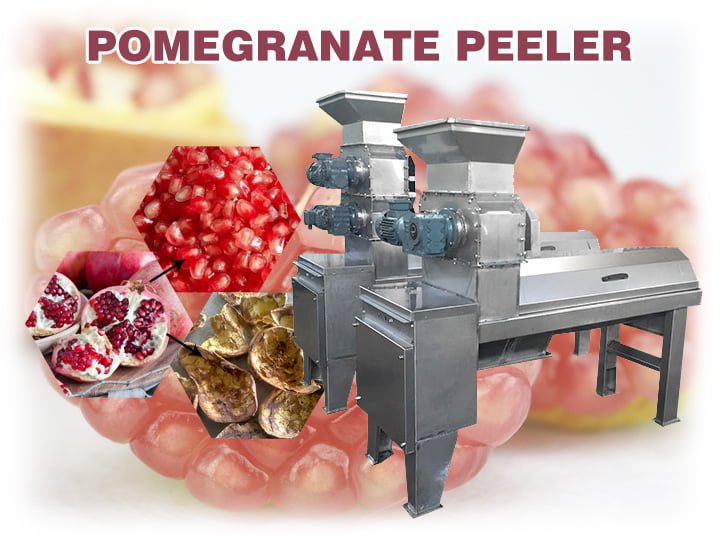What nutritional value does pomegranate have?
Pomegranate is a highly nutritious fruit that can be processed into a variety of juices and fruit salads. Especially after being processed by the pomegranate peeling machine, pomegranate pulp can be widely used in the production of various beverages and deep processing. What nutritional value does pomegranate have? What are the benefits of eating pomegranate? Contents…
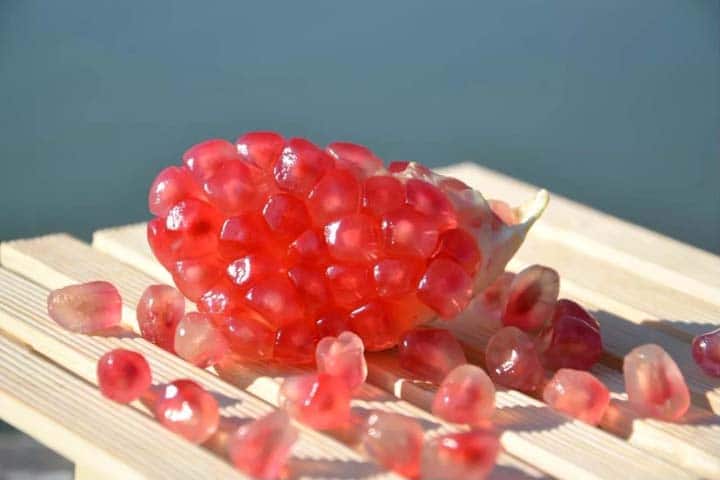
Pomegranate is a highly nutritious fruit that can be processed into a variety of juices and fruit salads. Especially after being processed by the pomegranate peeling machine, pomegranate pulp can be widely used in the production of various beverages and deep processing. What nutritional value does pomegranate have? What are the benefits of eating pomegranate?
What nutritional value does pomegranate have?
Pomegranate is particularly rich in nutrients and contains many nutrients needed by the human body. Its fruits contain vitamin C and B vitamins, organic acids, sugars, proteins, fats, and calcium, phosphorus, potassium, and other minerals. According to analysis, pomegranate fruits contain 17% carbohydrates, 79% water, and 13-17% sugars. Among them, the content of vitamin C is 1 to 2 times higher than that of apples, and the content of fat and protein is less. Pomegranate fruit is mainly eaten fresh.
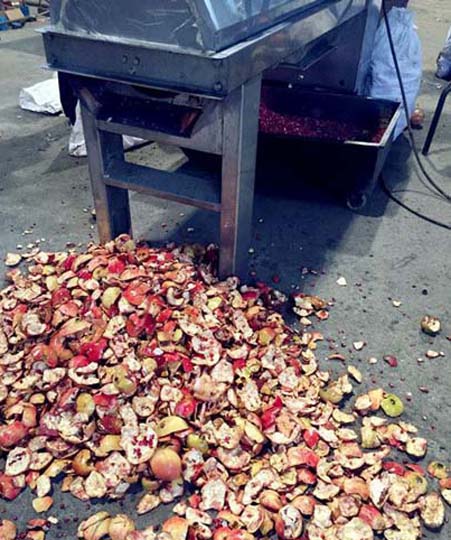
For most pomegranate processing plants, the electric pomegranate peeler is a very practical pomegranate processing machine. This machine can not only separate pomegranate seeds and pomegranate peels, but also automatically collect the peel and separated pomegranate pulp, and its peeling rate can be as high as 90%.
Pomegranate contains a large number of organic acids, sugars, proteins, fats, vitamins and calcium, phosphorus, potassium and other minerals. Chinese medicine believes that pomegranate has heat-clearing, detoxifying, liver-relieving, blood-enriching, activating blood and antidiarrheal effects, and is suitable for patients with jaundice hepatitis, asthma and chronic diarrhea and women with excessive menstrual periods.
What are the edible effects of pomegranate?
Pomegranate is a rare berry with rich nutrition. Vitamin C is 1-2 times higher than apple and pear. After the pomegranate matures, it can be used throughout the body, the peel can be used as a medicine, and the fruit can be eaten or pressed. Pomegranate has high nutritional value for the health of the elderly, so the elderly should eat pomegranate often.
- Physical fitness: pomegranate can help digestion, anti-gastric ulcer, soften blood vessels, lower blood lipids and blood sugar, reduce cholesterol and other functions.
- Inhibition of Escherichia coli: Pomegranate peel has obvious bacteriostatic and astringent functions, which can make the intestinal mucosa converge and reduce the secretion of intestinal mucus.
- Insect repellent: The peel of pomegranate contains alkaline substances, which have the effect of repellent.
- Hemostasis and eyesight: The dried pomegranate flower has a good hemostatic effect when dried, and the pomegranate flower has an eyesight effect when it is washed with water.
Related Content
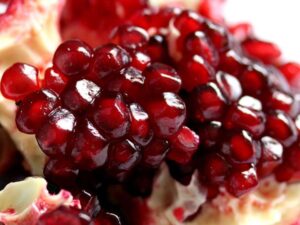
4 Methods of Peeling Pomegranate
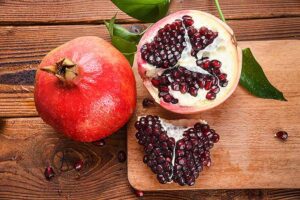
Why Automatic Pomegranate Peeler Can Be Sold in Africa for a Long Time?
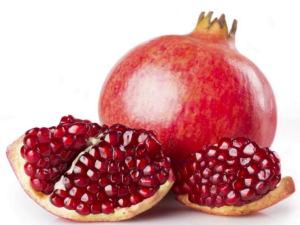
Automatic pomegranate peeler for sale
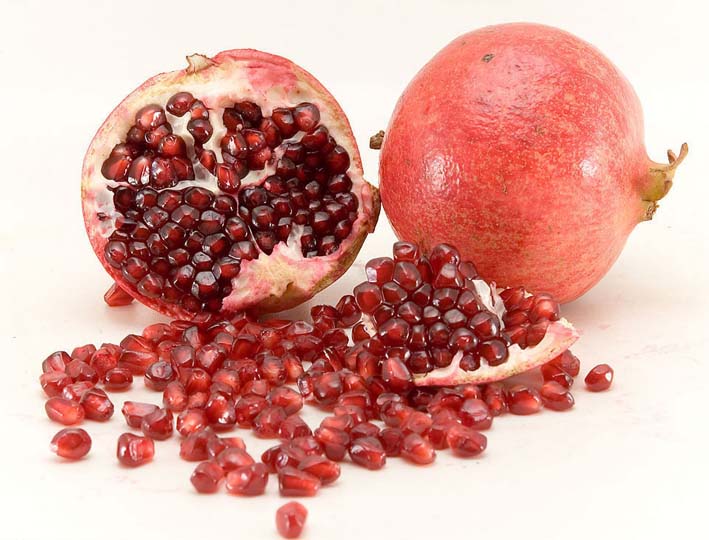
Why pomegranate peeling machine is very popular in West Asian countries?
